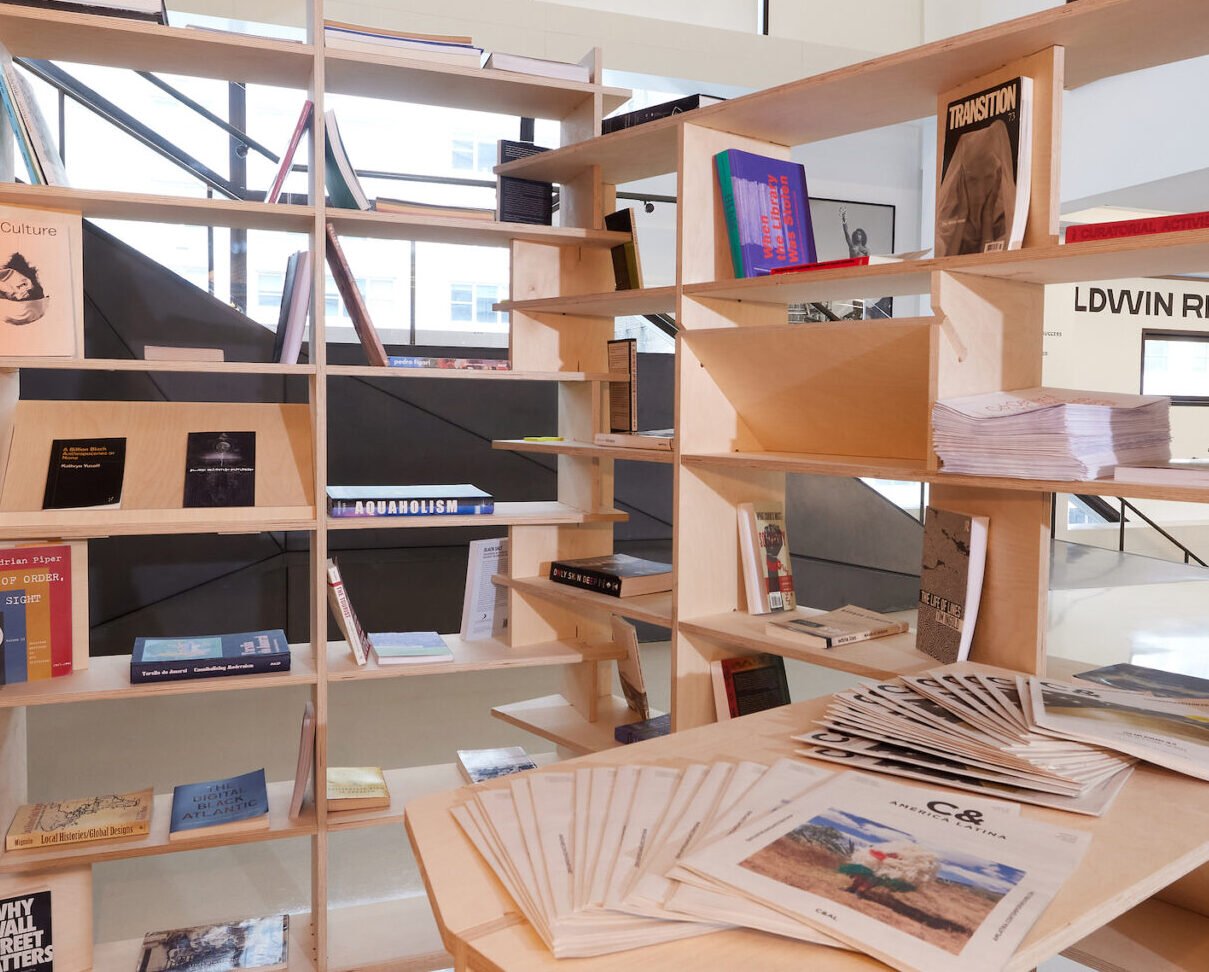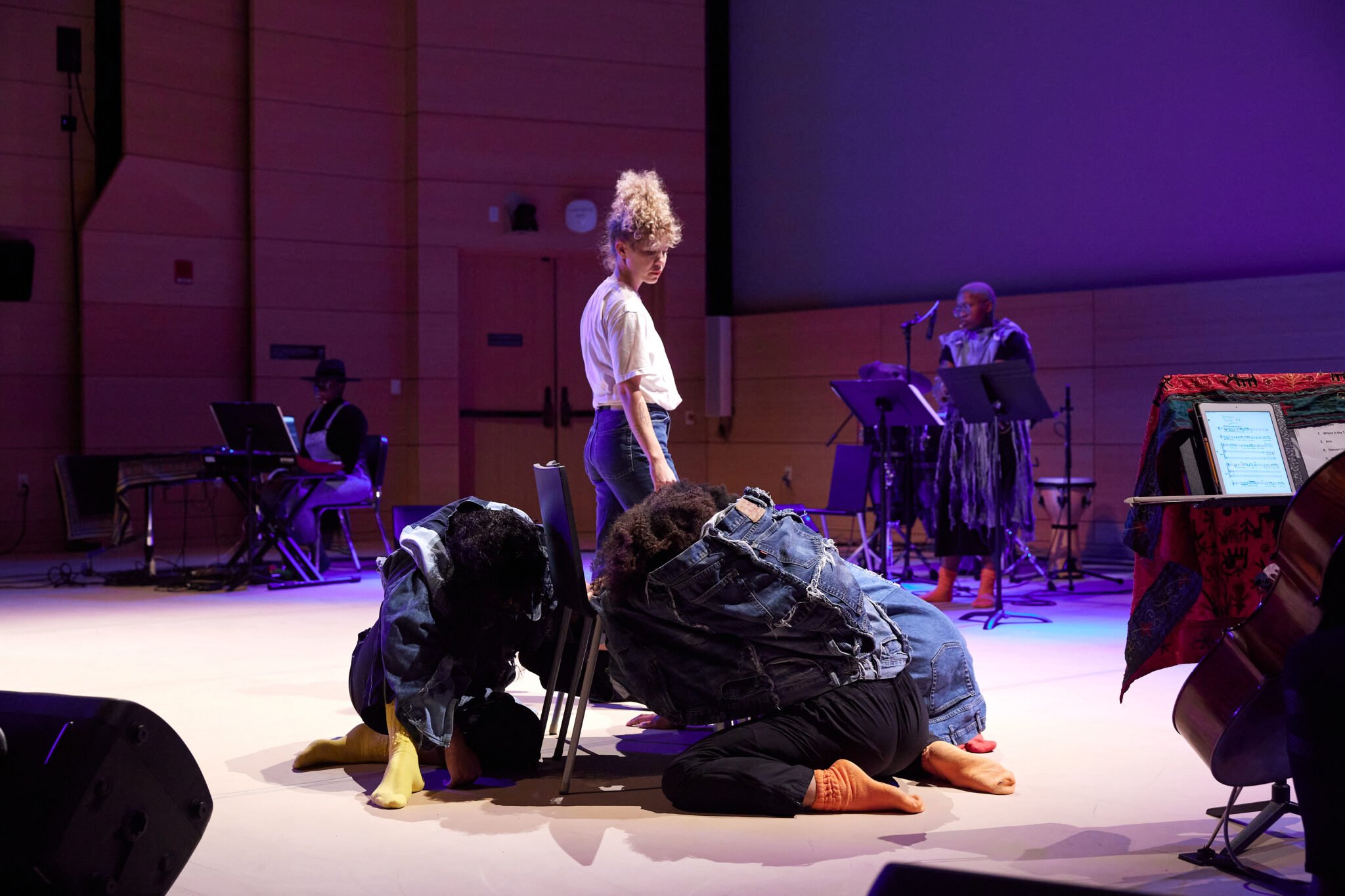
Carin Kuoni 2024-25
Carin Kuoni is a curator and writer whose work examines how contemporary artistic practices reflect and shape social, political, and cultural conditions. She is senior director/chief curator of the Vera List Center for Art and Politics at The New School and Assistant Professor of Visual Studies.
Carin Kuoni is a curator and writer whose work examines how contemporary artistic practices reflect and shape social, political, and cultural conditions. She is Senior Director/Chief Curator of the Vera List Center for Art and Politics at The New School and Assistant Professor of Visual Studies. She has curated numerous transdisciplinary exhibitions, and is editor or co-editor of ten books, among them Energy Plan for the Western Man: Joseph Beuys in America; Considering Forgiveness; Entry Points: The Vera List Center Field Guide on Art and Social Justice; and, Assuming Boycott: Resistance, Agency, and Cultural Production. Most recently, she co-edited Studies into Darkness: On the Perils and Promise of Freedom of Speech, and Maria Thereza Alves: Seeds of Change for the Vera List Center and Amherst College Press. For the Prince Claus Fund she was editorial director of Forces of Art: Perspectives from a Changing World.
As a GIDEST Fellow, Carin is looking forward to developing Correction*: A Proposal for Art and Politics, a research and publishing project aiming to identify and localize some of the forces that shape the intersection of aesthetic and political practices as it plays out within creative communities, in education, theory, and politics. By applying Correction* to different forms of dissemination or broadcasting, she intends to critically reflect on format and publics, with the goal of mediating ideas and findings with the greatest possible impact for each of the platforms.
Correction* will build on core principles that also shape the programs of the Vera List Center—interdisciplinarity; questions of diverse epistemology; creative and aesthetic practices as forms of political empowerment; and the archive as a living repository of actionable knowledge and experiences. The intent is to use thirty years of activities of the VLC as source material for adjustments, improvements, and correction for future action, a sort of call for mobilization, activation, and education.



